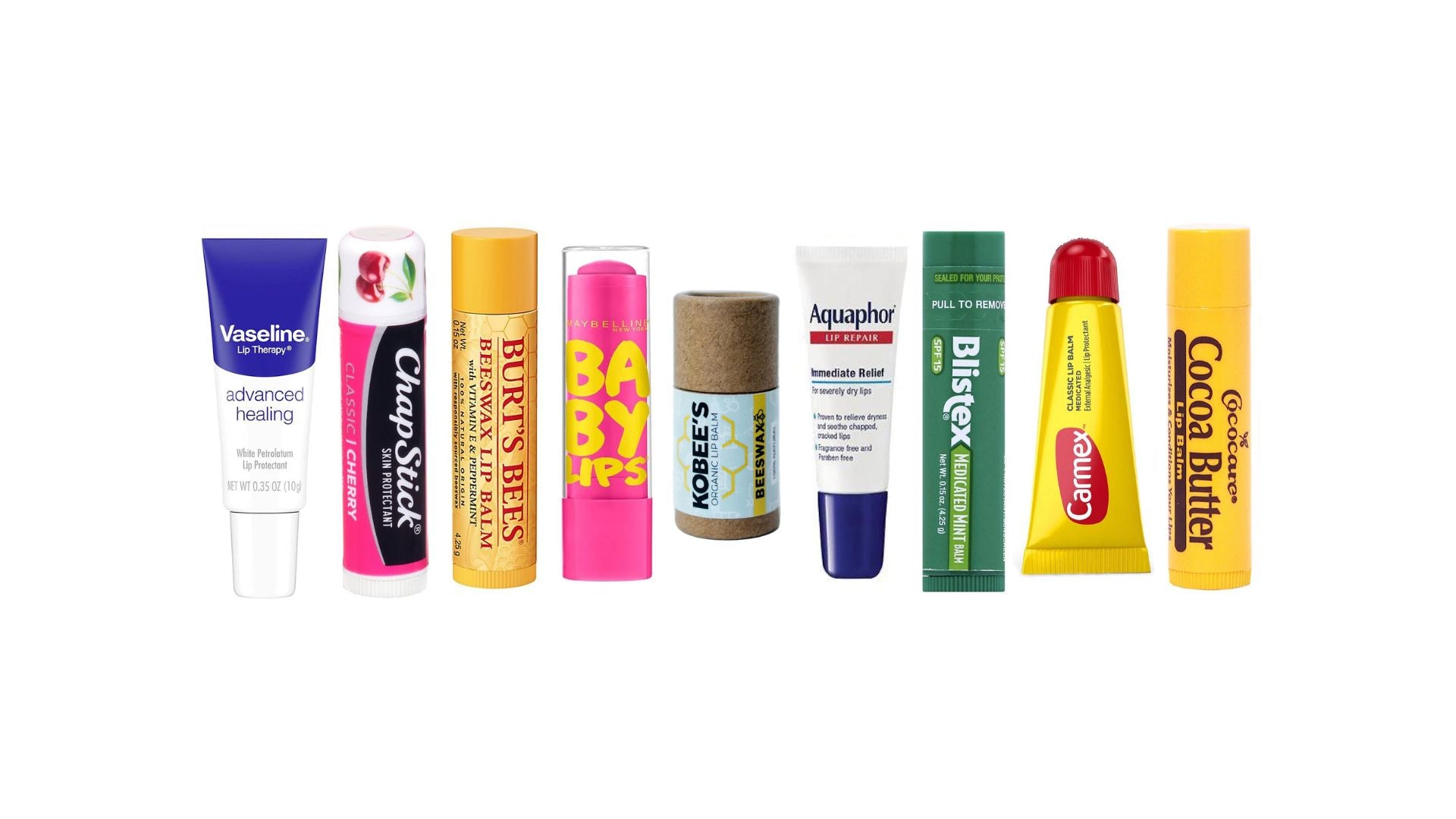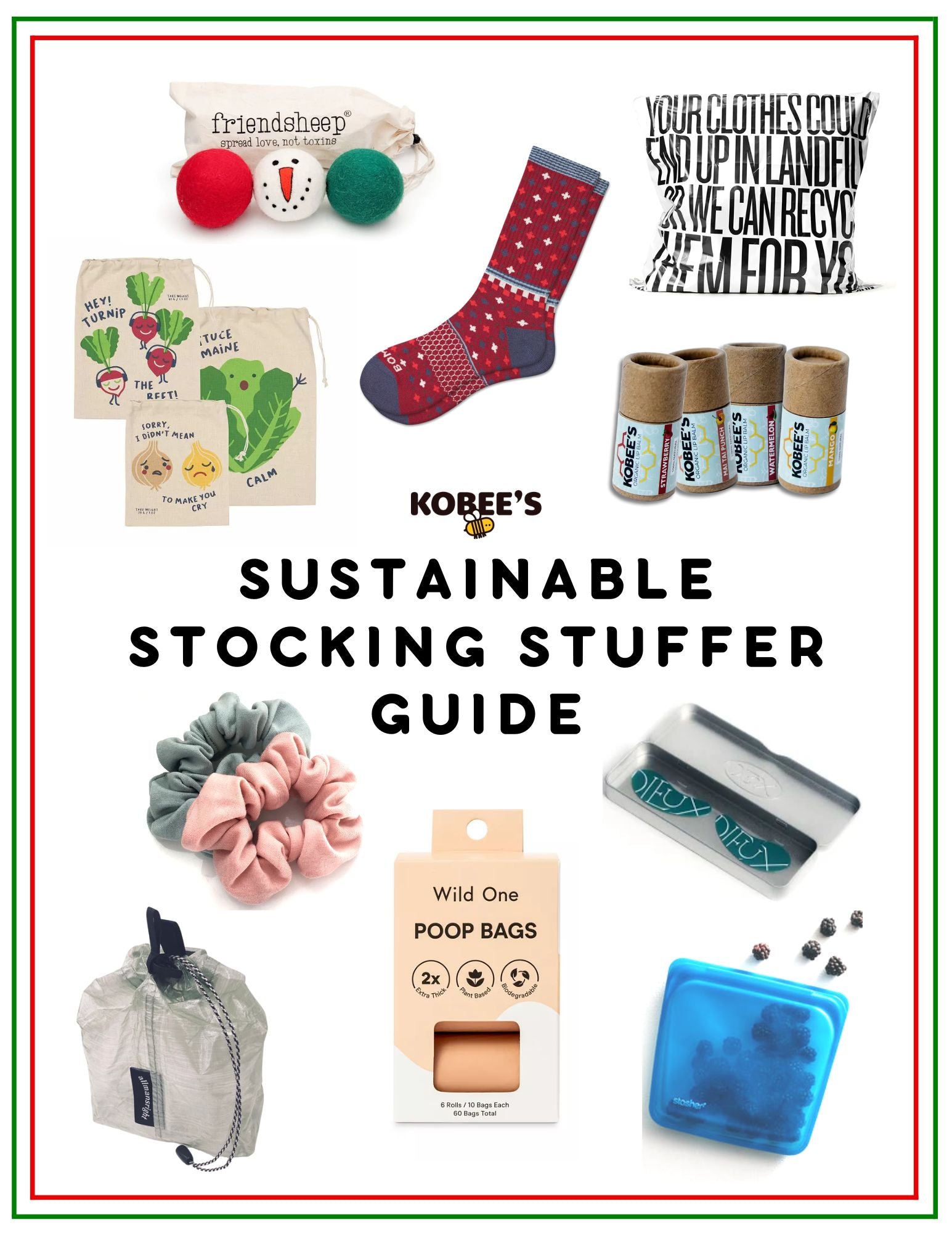Compostable and biodegradable are two commonly used terms to describe sustainable products and are thought to be interchangeable, but are they really? Despite what many people may think, compostable and biodegradable do not mean quite the same thing and their misunderstanding can be misleading for consumers. Although all compostable products are biodegradable, not all biodegradable products are compostable. So what is the difference between the two and which one is the better choice?
What does compostable mean?
Compostable is the term used to describe an organic material that can naturally decompose into nutrient rich soil. The organic material required for composting is any material produced originally by living organisms, such as plants or animals. To complete the compost equation, organic material must be combined with moisture, sunshine, and air. The result of these 4 ingredients is a valuable fertilizer that enriches and replenishes soil.
What does biodegradable mean?
When a product is biodegradable it is made of a material that is capable of being broken down into smaller pieces by bacteria, microbes, or fungi, then later reabsorbed by the surrounding environment. Biodegradable products can be made of any material that breaks down in the environment, natural or synthetic. Materials that biodegrade in the environment can become nutrient rich soil, like with compostable materials, however, they can also persist in the environment for many years.
What is the difference between compostable and biodegradable materials?
How can all compostable products be biodegradable, but not all biodegradable products be compostable? This is where deciphering the difference between the two terms can get tricky. Some things are naturally biodegradable, such as plants and food waste, however, all materials can technically be labeled as biodegradable because everything will eventually break down in the environment to some extent. Plastics and other synthetic materials are biodegradable because when exposed to the natural elements, they are broken down into smaller pieces. These, and other nonorganic degraded materials, however, will persist in the environment for many years and can become harmful microplastics and pollution.
Compostable materials, on the other hand, are only organic, natural materials that can completely degrade to become soil. When broken down properly, compostable waste can benefit our soil and reduce landfill and methane emissions by limiting the amount of organic waste sent to landfills. Plastics and other synthetic materials cannot be composted because they don’t have the ability to break down into soil. Compostable materials won’t persist in our environment and don’t have any negative, long lasting impacts on the health of the environment when composted properly.
Are compostable or biodegradable products better?
Compostable products have many benefits, such as reducing landfill waste and enriching soil, but there are certain conditions required in successful composting. Biodegradable products will degrade in the environment, yet can become harmful pollutants that can take many years to break down. When it comes to whether compostable or biodegradable products are better, there is no right answer. Overall, compostable products have more significant positives than biodegradable products, but that doesn’t discount all biodegradable products. What’s most important is being able to decipher the difference between the two and understanding the materials that make up the products you buy.
Are Kobee’s lip balm tubes compostable?
Yes! In 2020, Kobee’s made the switch to compostable, cardboard lip balm tubes in order to combat the growing amount of plastic sent to our landfills. By using 100% compostable lip balm tubes, Kobee’s is reducing landfill and giving our packaging a second life as a soil nourisher because we believe that caring for your lips shouldn’t come at the expense of the environment. Click here to learn how you can properly compost your used Kobee’s tube. Join Kobee’s in rethinking traditional plastic packaging and try out our compostable lip balm tubes for yourself.
To learn more about composting and how you can get started successfully composting at home, check out this article: Too Good to Waste: 4 Tips to Up Your Compost Game



